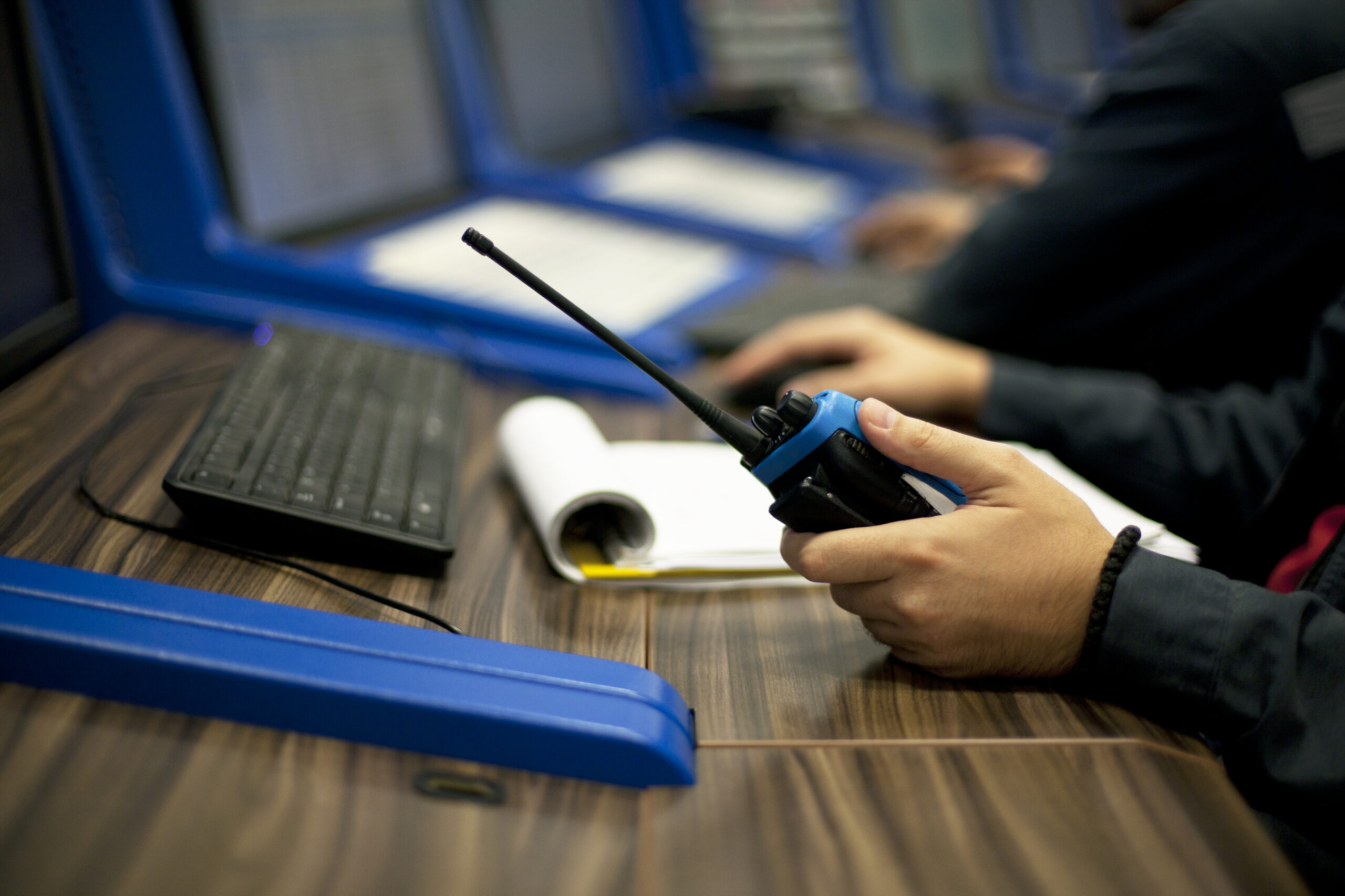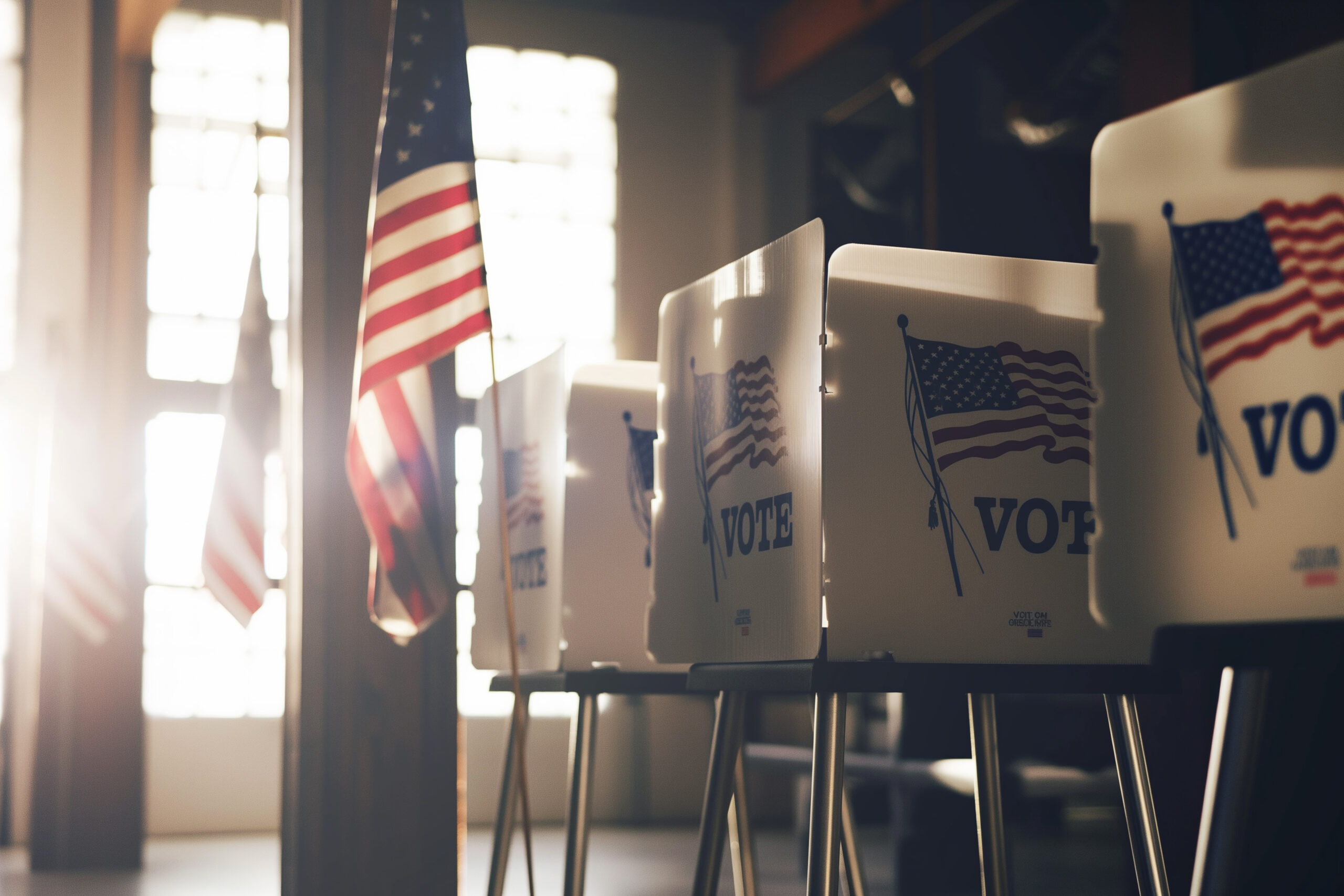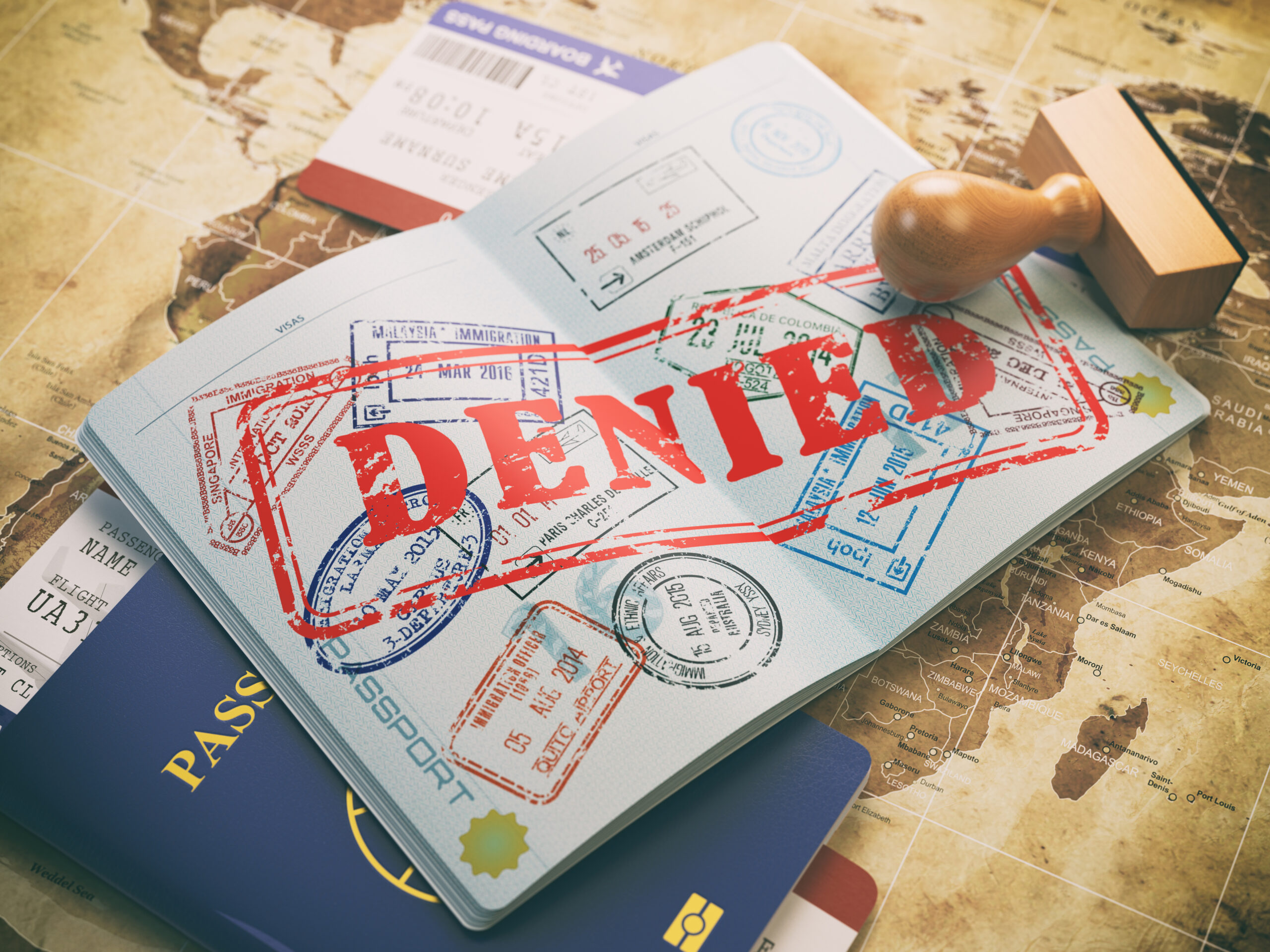As we approach the 2024 elections, a big question arises: Can we tell the difference between strong security and voter suppression? The New Voting Laws Debate 2024 is causing a lot of controversy. It’s crucial to understand the difference. The U.S. Senate is about to vote on a bill that could change how we vote.
There are many security measures being taken, like deploying State Highway Patrol in Ohio schools. But, there’s also a fear that voter rights might be taken away. It’s said that 225,000 people in North Carolina could lose their right to vote.
In today’s tense political climate, the debate over voter suppression and security is more important than ever. The story of Haitian immigrants in Springfield and the pressure on public institutions adds to the tension. Even former President Donald Trump’s views on IVF are causing a stir, overshadowed by GOP scandals and concerns about voter fraud.
There’s a push to find a balance between keeping elections fair and protecting voter rights. Democrats, led by Chuck Schumer, are using this moment to show their values and policies. But the main question is: How can we ensure everyone can vote while keeping our elections honest?
An Overview of 2024’s Transformative Voting Legislation
The path forward for new election laws in 2024 is a big change for the U.S. electoral scene. These electoral law changes aim to make voting easier for more people. They also want to keep the voting process fair and secure.
There’s a growing focus on making voting easier and fairer. New laws are looking to improve how we register to vote and cast our ballots. They also want to make sure everyone can vote, no matter their background.
Another key part is making voting systems more modern and secure. Technology is becoming more important in voting. It helps keep votes safe and private.
These updates to our electoral framework are not just about refining the mechanics of voting but are also affirmations of our democratic principles. Ensuring every eligible citizen has unimpeded access to the voting booth is fundamental to our democracy.
Every new law builds on the ones before it. They aim to make voting more open and fair. The goal is to keep democracy strong and use new technology wisely.
Convoluting Voter Access: Exploring the Controversy Surrounding Voter Suppression vs. Security
The debate on voter access gets more heated, especially when laws affect protecting voter rights. Laws meant to improve security can sometimes limit who can vote. This has led to concerns that some laws might actually reduce voter turnout.
Groups like the Election Integrity Partnership have studied this issue. They looked at millions of tweets and reports. They found that misinformation can spread fast, affecting how people see election security and fraud.
Some laws seen as protective by one group are seen as barriers by another. This raises big questions. Who do these laws really help? And do they truly support democracy’s core values of fairness and free voting?
Protecting voter rights means more than just stopping illegal actions. It’s also about making sure all eligible voters can cast their ballots. This ongoing debate highlights the need to find a balance between security and the right to vote.
Understanding the voter access controversy requires looking at laws and their social and political effects. Whether these laws help or harm democracy is a topic of ongoing debate. It shows the complex relationship between security and accessibility in today’s democracies.
New Voting Laws Debate 2024: Balancing Electoral Integrity and Voter Rights
As we get closer to the 2024 elections, the talk about voting rights in 2024 is getting louder. Lawmakers are trying to make voting safer without taking away people’s right to vote. They’re looking at new laws that could change how we vote.
The debate centers on two main points. Some worry about voter suppression, while others want to stop fraud. Both sides want to make sure voting is fair and easy for everyone.
Senator Duckworth is speaking out against what she sees as unfair tactics. She points out issues like policy changes that could hurt certain voters. Her words show how important voting rights in 2024 are in shaping our elections and public opinion.
The relationship between new voting laws and making it easier to vote is complex. People want laws that protect the vote but also make it accessible to all. This means looking closely at current laws and new proposals to strengthen democracy without making voting hard.
It’s a big challenge to find a balance between keeping elections safe and making sure everyone can vote. The conversation on voting rights in 2024 will keep changing as we work towards a fair voting system.
The Consequences of Voting Restrictions on Democracy
The debate on voter suppression vs. security is crucial as we near the 2024 elections. Laws and bills about voting rights are at the heart of this debate. They show how democratic values and access to voting are being fought over.
Legislative efforts, like the rejected IVF bill, show deep political divisions. They also highlight the tension over voter rights. The bill’s rejection, despite 85% public support, questions if elected officials truly represent the people.
New voting laws have sparked intense debates and raised security concerns. There have been threats and even attempts on politicians’ lives. This shows the high stakes in the voter suppression vs. security debate. It’s clear we need a fair balance to protect elections and voter rights in 2024.
Voting restrictions often split voters, leading to sharp political divides. For example, many Republicans believe in states’ rights over the federal IVF bill. This shows a complex mix of federal and state powers, making voter rights issues even harder.
This complex situation shows the big challenge: keeping democracy strong while protecting voter rights. Every law and discussion shapes how citizens engage with democracy and help shape its future.
Political violence and the talk around it highlight the need for secure elections without losing democratic values. We need a strong conversation that brings people together. This is especially important as we head into the 2024 elections.
This situation reminds us of the fine line between keeping the nation safe and protecting voter rights. As we move towards another big election in American history, this balance is crucial.
Protecting Voter Rights: Innovative Strategies to Safeguard Fair Elections
The heart of democracy is free, fair, and accessible elections for all. New laws have sparked a big talk about protecting voter rights. This has led to efforts to make elections fair and keep democracy strong.
With new laws, some states see changes in voter turnout. This shows how laws can affect voting. Programs to help voters are growing, especially for those who have voted less before.
But, there are also cases of voter suppression. This shows we need smart legal fights and new ways to make sure everyone can vote.
Technology is key in making elections better. Using digital tools and advanced security can make voters more confident. States are trying different tech to make voting easier and safer.
These efforts, backed by laws and public support, aim to keep the vote safe. They promise a fairer, stronger future for our democracy.















